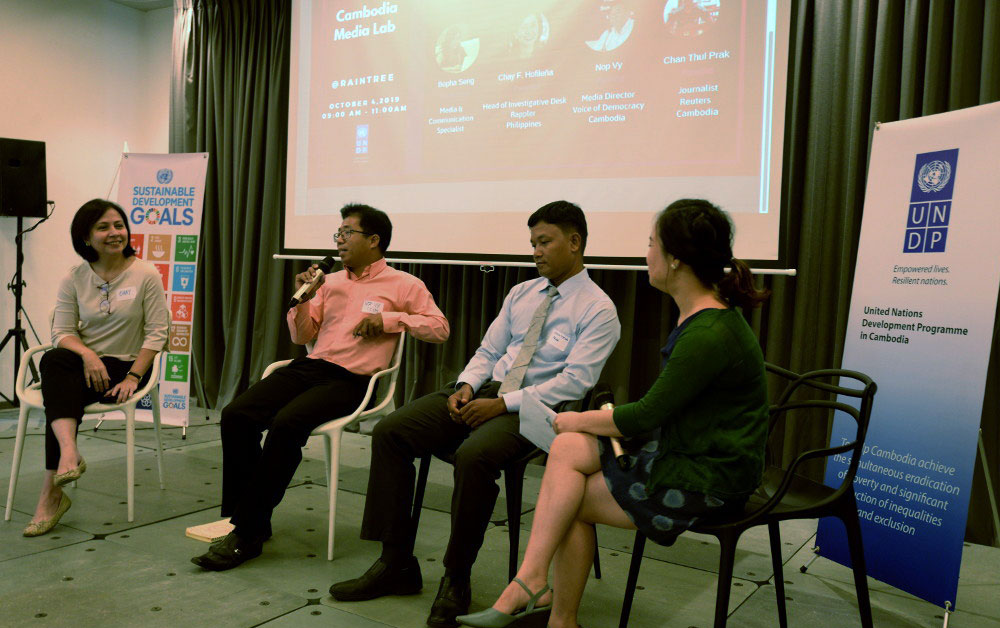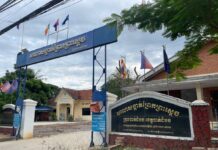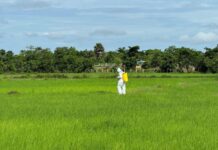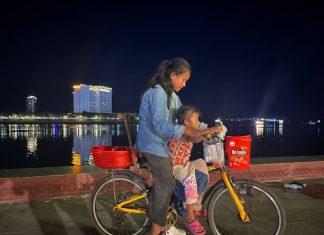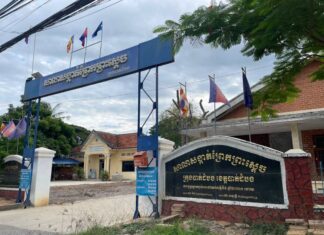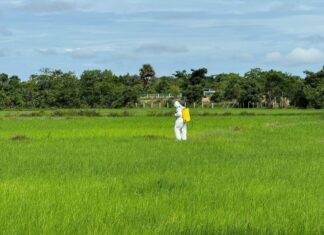Cooperating with local and international media networks, showing independence while reporting, and upholding professionalism are some keys for journalists to try to avoid harassment and threats, according to speakers at a media event on Friday.
Three panelists discussed safety for journalists under the topic “How to Write a Story That’s Not Your Last,” sharing ideas on how to promote the resilience of media outlets.
Chay Hofilena, founder of Philipine news website Rappler, said working alone heightened the risks for journalists, who face many forms of harassment and threats. They should cooperate as a group, not only in their country but internationally with others who believe in press freedom, she said.
“[Based] on our experiences, reaching out locally and internationally is the key,” Hofilena said.
“Other few important things are, first, you have to have truth telling, the second is you have to be independent … and the third is integrity, which is the most important thing because it includes ethics, fairness and balance,” Hofilena continued.
Prak Chan Thul, a correspondent for Reuters in Phnom Penh, said Cambodian journalists have been feeling under pressure in recent years since The Cambodia Daily stopped printing its newspaper and The Phnom Penh Post was sold to new owners amid tax disputes.
But there are a few important things journalists can do to lower the risks, including asserting their independence by not just representing one side, and always trying to find more sources to verify facts and provide balance, he said.
“[The] government needs us because they want their message to spread out … [The] opposition side also, they cannot attack us when they have their comment [in] the story,” Chan Thul said.
Nop Vy, media director at the Cambodian Center for Independent Media, said another problem was that the public did not always support journalists.
Journalists should see their relationship with the public as “not only to get information from people, but give media literacy for them as well in order to get support from [the] public and community,” Vy said.
Vy added that it was possible that The Cambodia Daily and Phnom Penh Post would not be the “last target” facing various forms of pressure, and that Reuters, VOD and others could still be targeted.
“What we have to do is … be professional,” Vy said. “To be [a] friend with everyone, not just a friend for [the] government, not just a friend for [the] opposition, or not a friend to [the] people, but serve [the] people’s interest,” Vy said.
The event, held at Raintree in Phnom Penh, was organized by the U.N. Development Program’s Media Alternatives project.


